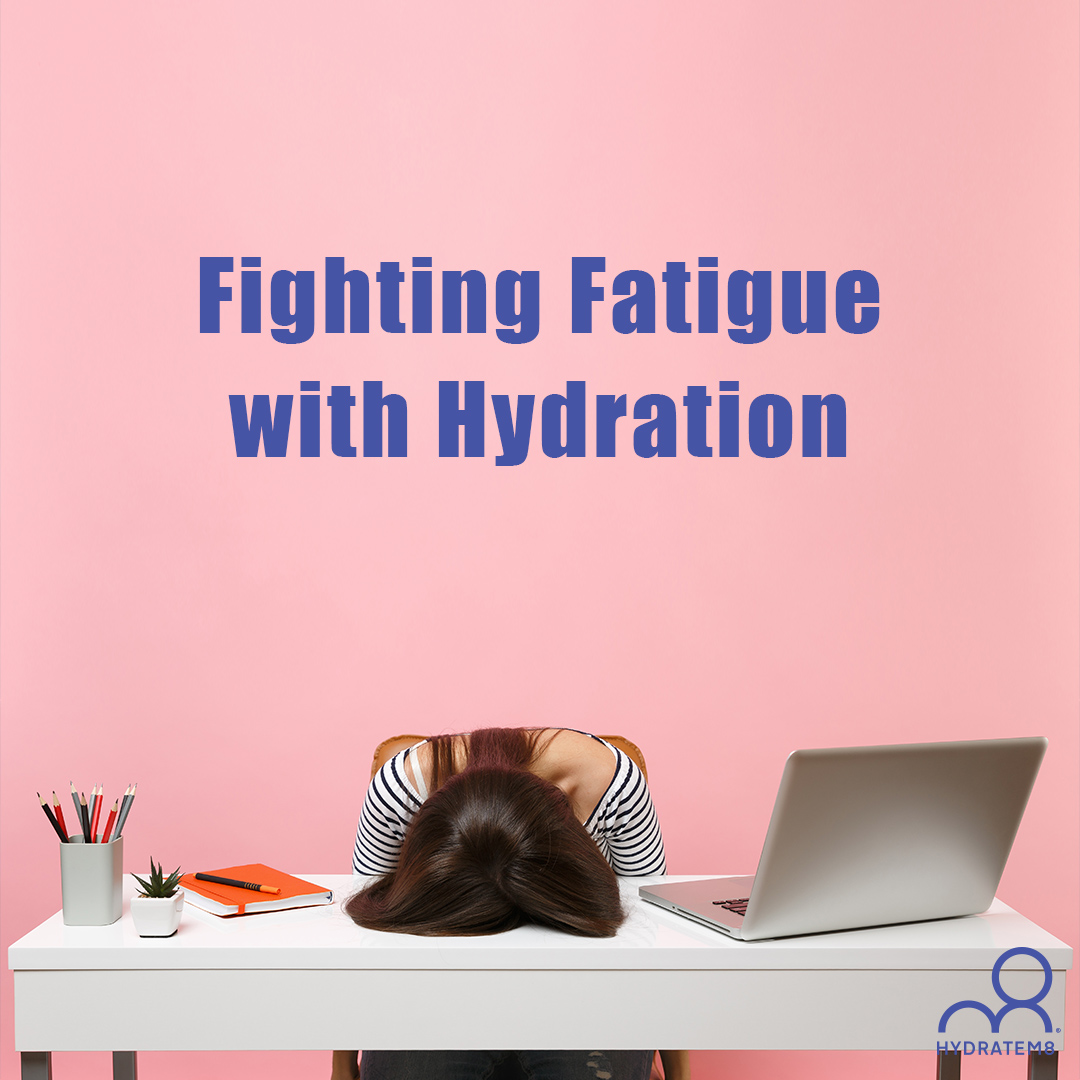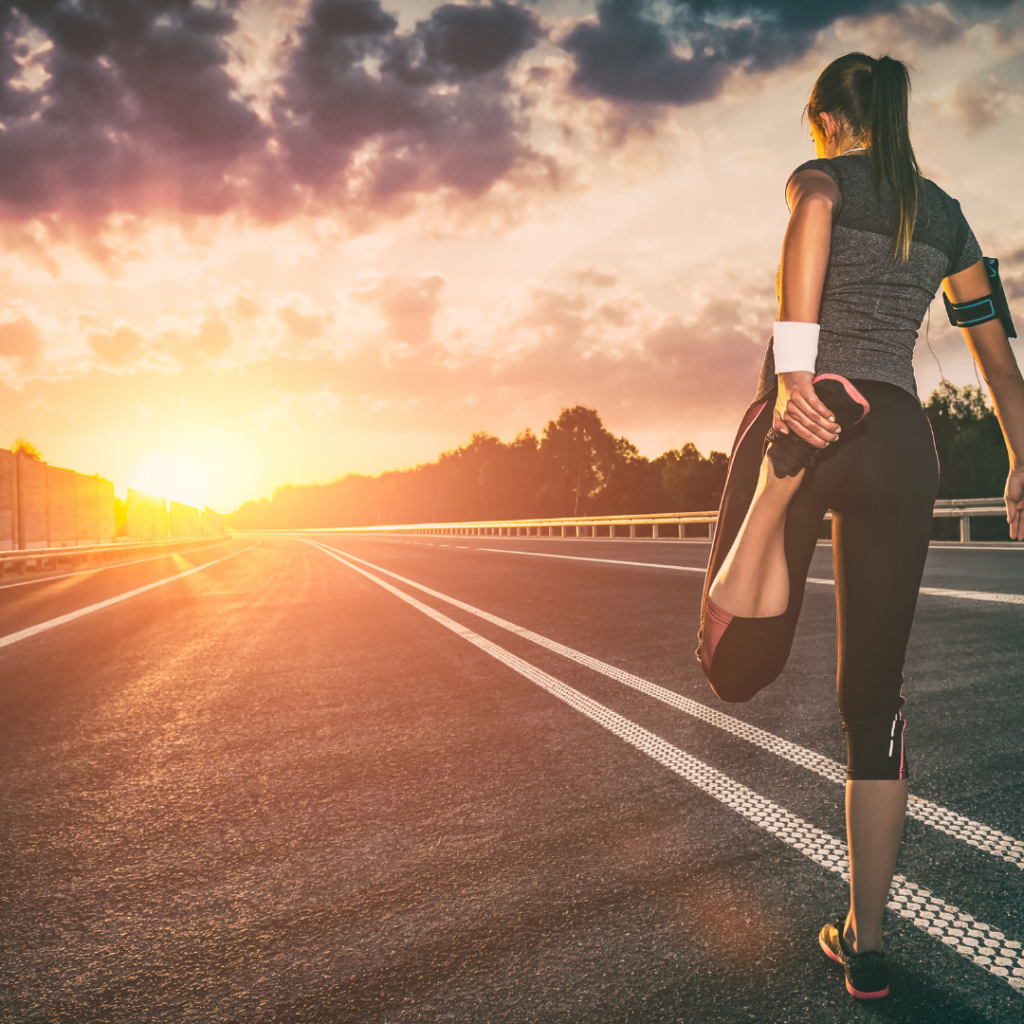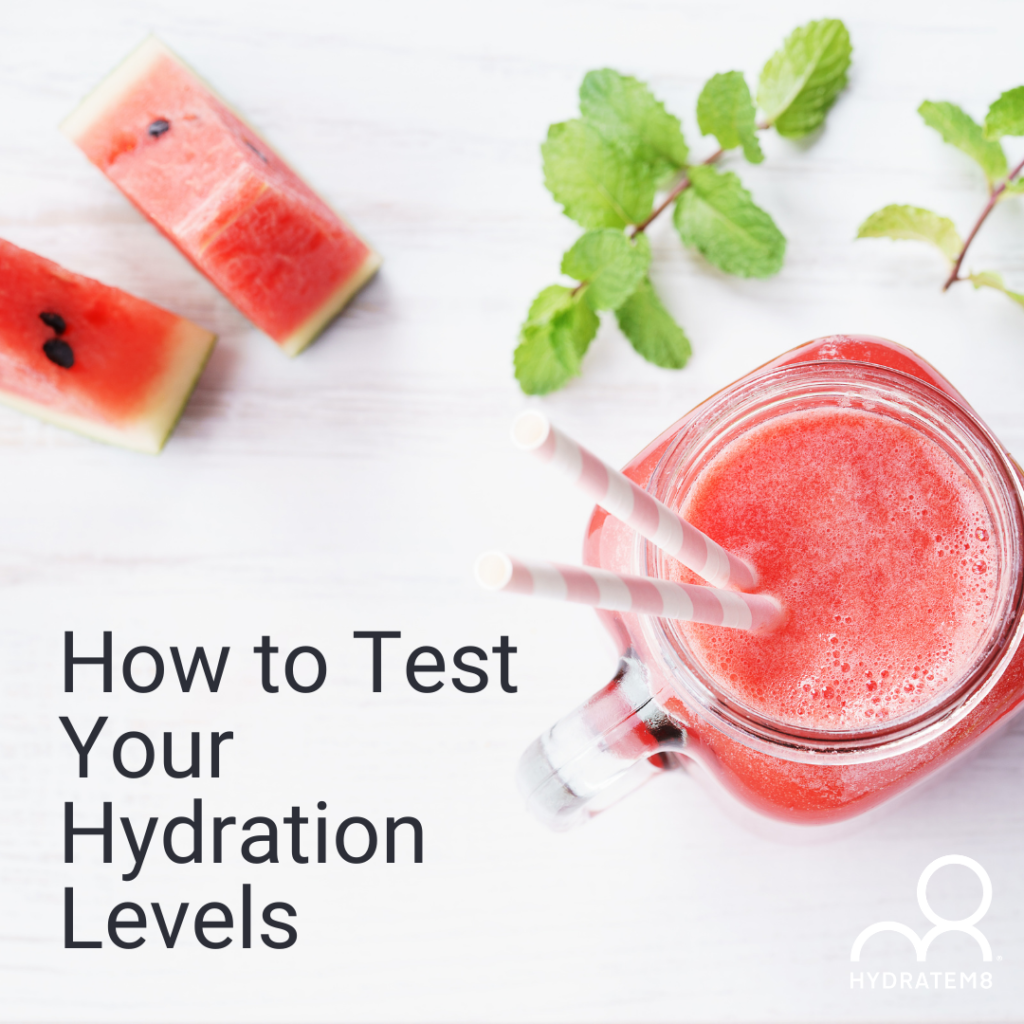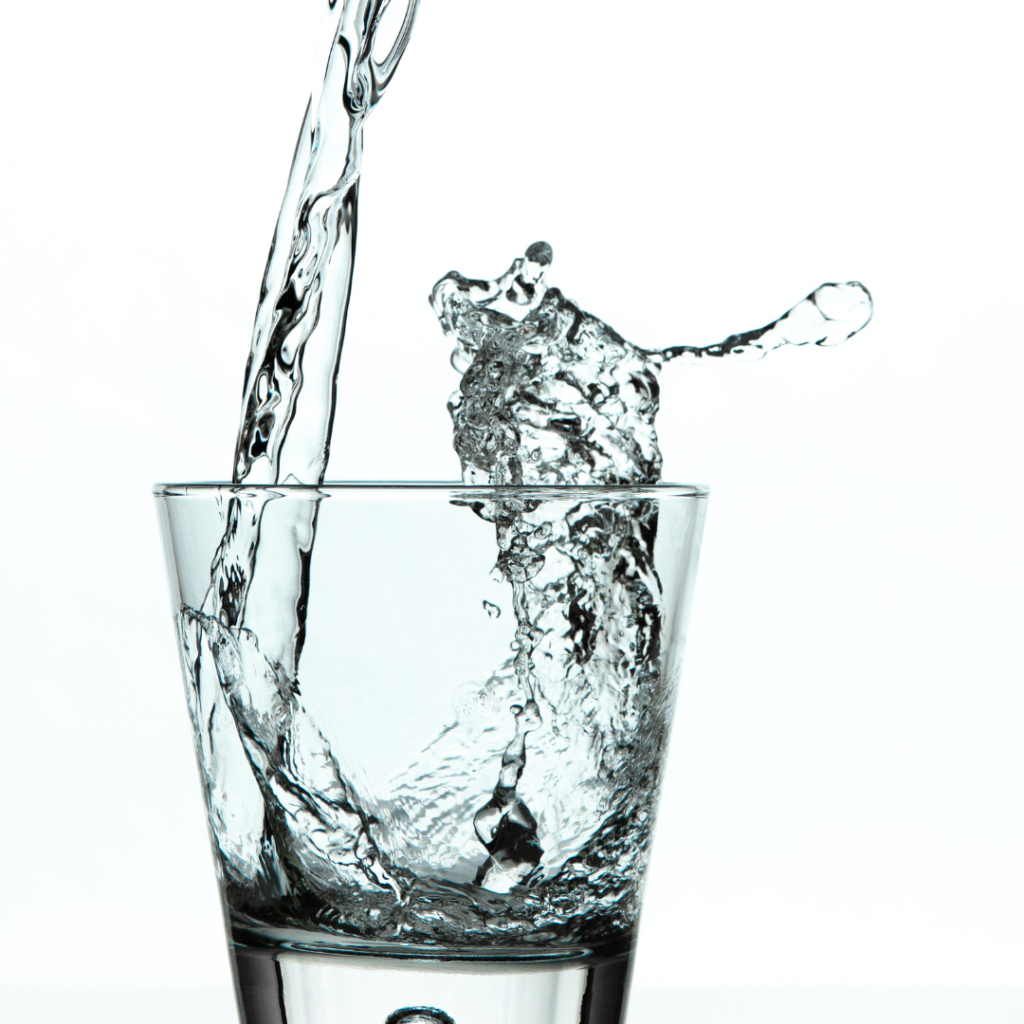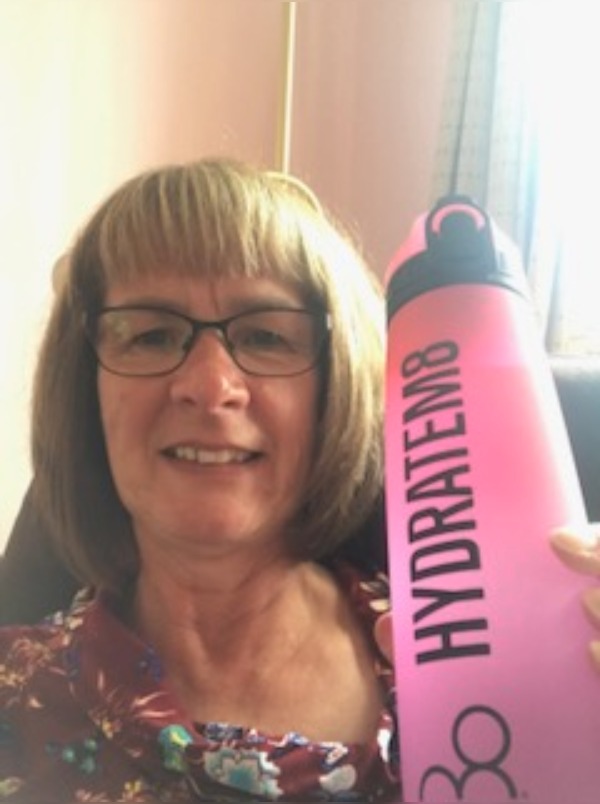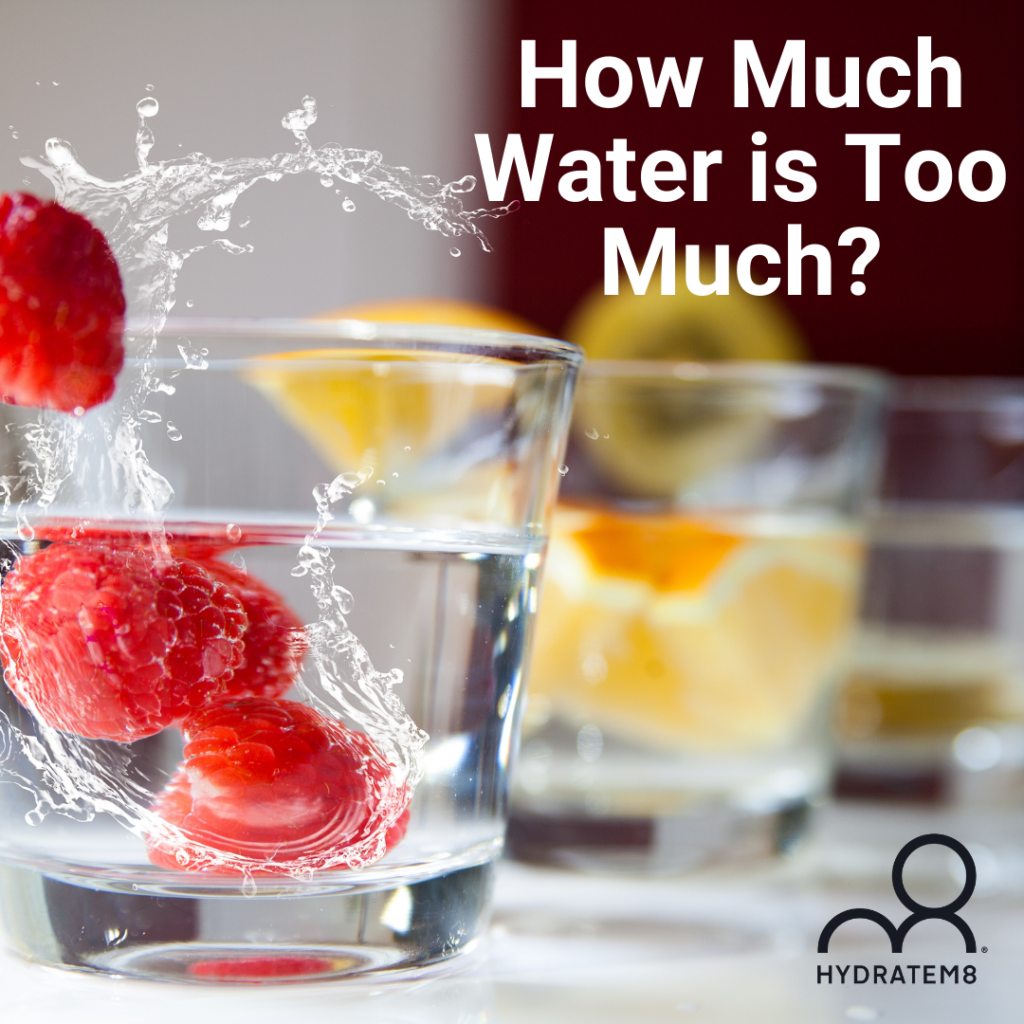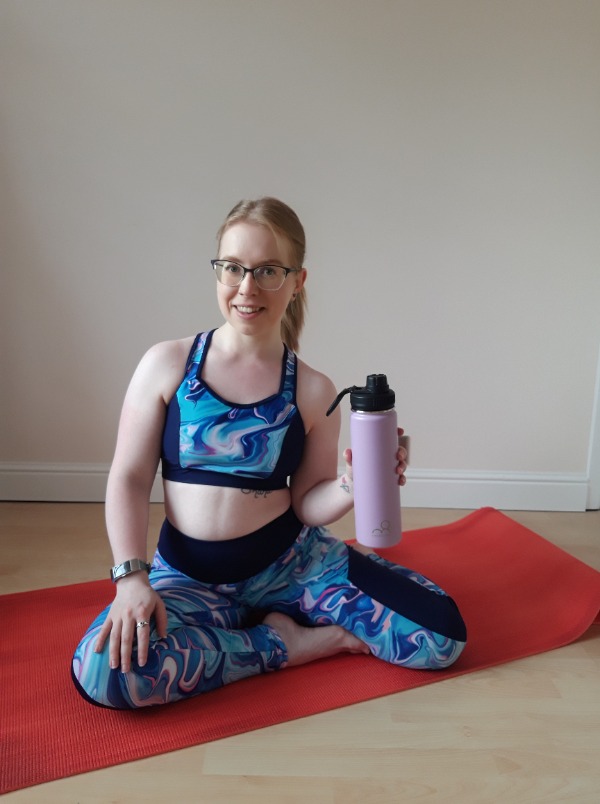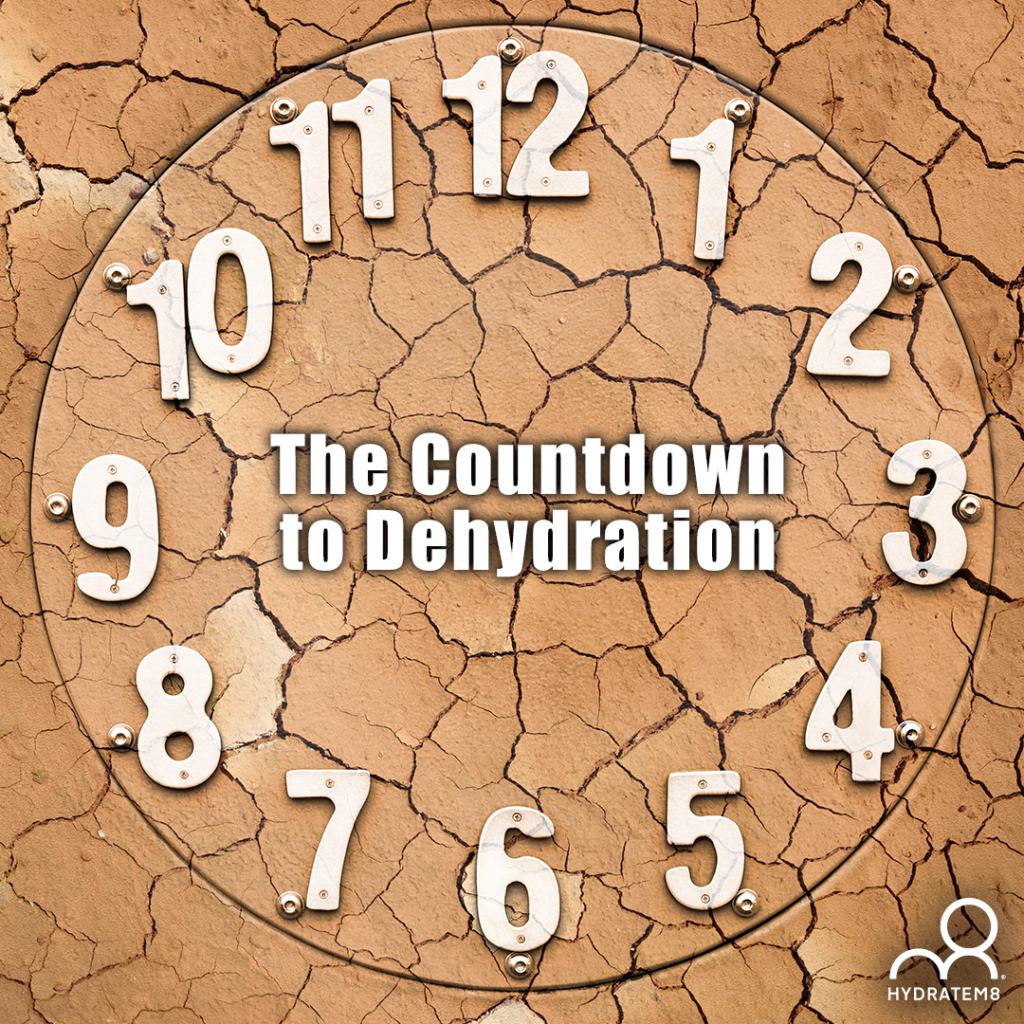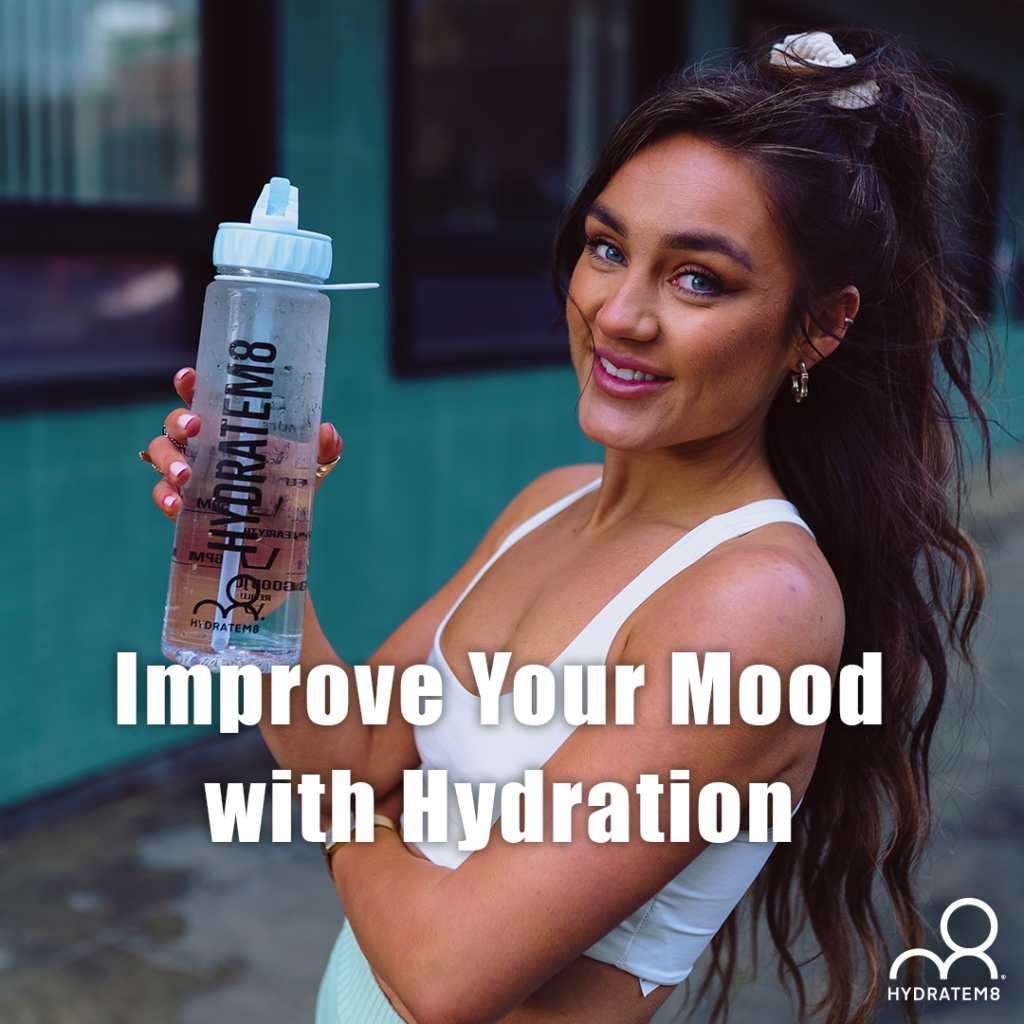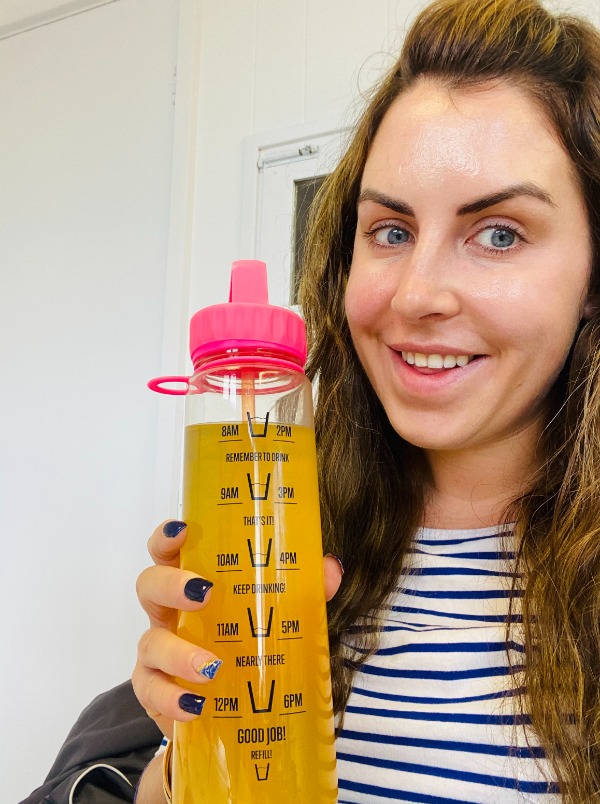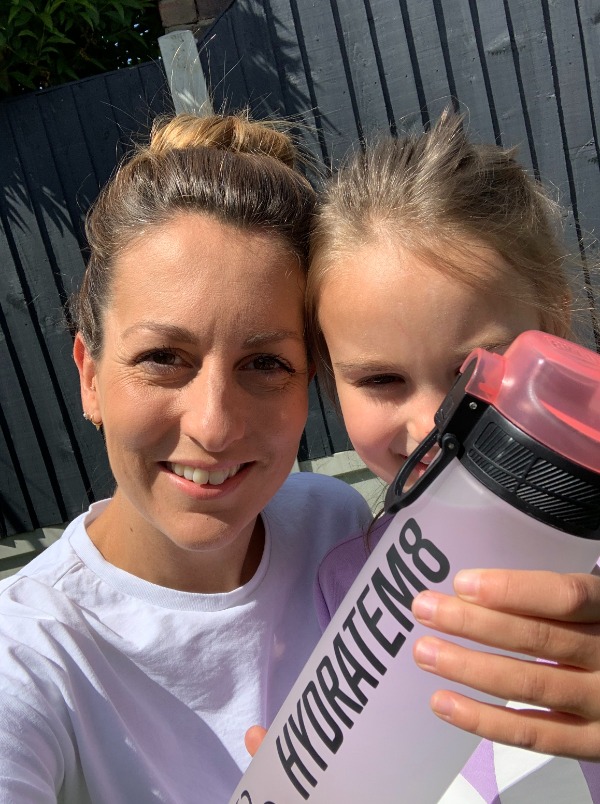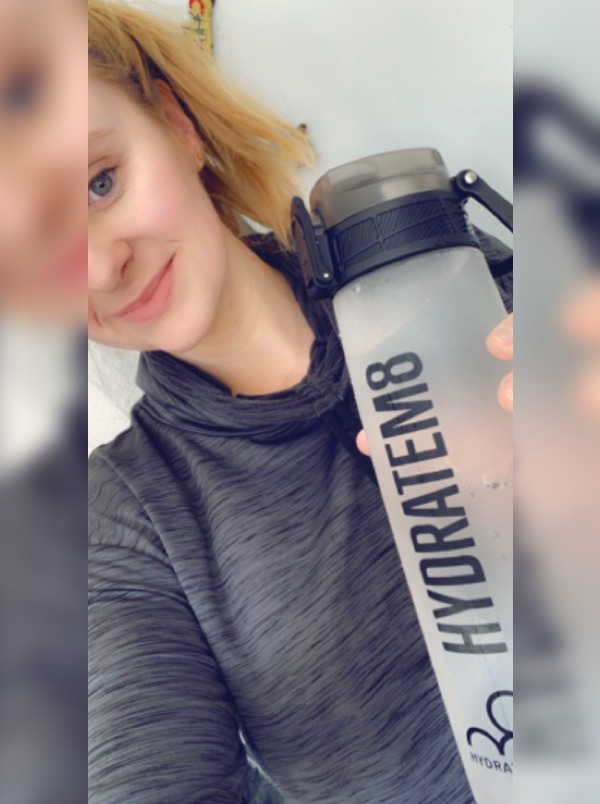It’s not always easy to identify why you might feel tired or like you’re lagging, but often the best cure is just to drink more water.
Fatigue is one of the early signs of dehydration and just a small drop in your body’s hydration levels is enough to cause you some problems. For example, a drop as little as 2% is enough to start impairing your concentration levels. If identified early, dehydration is easy to remedy, but if it’s left to progress it can lead to an electrolyte imbalance which can affect the function of your muscles and heart.
If we are not adequately hydrated, our bodies soon start to lag, and you may put it down to simple tiredness, long days at work or not getting enough sleep. Yet, simply not drinking enough water throughout the day is a common cause. Without water, our motivation is reduced and so we might not feel as encouraged to carry out certain activities. Our heart also must work harder to pump blood around the body because our blood volume decreases (a large proportion of our blood is water). Therefore, if the heart is working harder and our blood is a little thicker, our muscles can become tired because it may be taking longer and using more energy to get vital nutrients as well as oxygen to our muscles.
The key to maximising your potential and your performance is to stay hydrated. You should aim to drink little and often. If you feel thirsty then you are probably already experiencing the very early signs of dehydration. Taking small sips of water throughout the day with ensuring your hydration status is optimal. Your urine colour is also a good indicator of how hydrated you are. For example, if it is pale or clear then you are probably drinking enough, but if it’s dark you need to drink more water. If you are exercising you will need to drink more to combat the water you lose in sweat and breath. The same is also true if you are exposed to high temperatures. If you are exercising try to steer clear of energy drinks which are full of sugar as well as artificial flavours and colours which are of no benefit to your body. If you are participating in high-intensity sports, you may need to supplement your water intake with a sports drink to help replace the lost electrolytes.
A lack of water is often the cause of the mid-afternoon slump, so rather than reaching for a biscuit or chocolate bar to increase your energy or concentration levels, drink a glass of water first. Most of us often mistake thirst for hunger which can lead to an unnecessary increase in calories.
Tips for increasing your energy levels:
- Drink water throughout the day – little and often is best
- Try to exercise for at least half an hour every day, even if it’s just walking to and from work
- Go to bed at the same time every night and avoid drinking caffeinated drinks before bed
- Eat regular meals
- Alcohol can reduce your energy levels, so keep your intake within the recommended limits

